TURKISH PRESIDENT ERDOGAN: “Turkey CANNOT be confined by its territory!”
Erdogan Declares: “Turkey Cannot Be Confined by Its Territory” – A Bold Vision for Turkey’s Global Role
In a recent statement that has captured the attention of international observers, Turkish President Recep Tayyip Erdogan declared, “Turkey cannot be confined by its territory.” This bold remark is emblematic of Erdogan’s assertive foreign policy stance and his vision for Turkey’s role on the world stage. The statement is resonating across global diplomatic circles, sparking debates about Turkey’s expanding influence, military operations, and its shifting approach to both regional and global politics.
Erdogan’s Vision of an Expansive Turkey
Erdogan’s statement reflects his broader geopolitical vision for Turkey, one that seeks to push beyond the country’s historical borders and emerge as a key player in global affairs. Since taking office in 2003, first as Prime Minister and then as President, Erdogan has significantly redefined Turkey’s foreign policy, moving away from the passive neutrality that characterized much of the 20th century. His administration has increasingly focused on expanding Turkey’s influence across the Middle East, the Balkans, Africa, and even beyond.
Turkey, under Erdogan, has become more proactive in its foreign interventions, often pursuing a strategy that blends diplomacy with military engagement. The country has taken significant steps in asserting itself as a regional power, from its involvement in the Syrian Civil War to its military operations in northern Iraq and Libya, and even its military presence in Azerbaijan during the Nagorno-Karabakh conflict. Turkey’s foreign policy decisions have often prioritized national security, economic interests, and the pursuit of greater regional influence.
The notion that “Turkey cannot be confined by its territory” suggests a desire for Turkey to extend its influence beyond its borders, both through military presence and economic partnerships. Erdogan’s vision includes not only asserting Turkey’s role in the Middle East but also establishing a greater Turkish footprint in regions like Africa and Central Asia, where the country has increasingly been active in terms of investment, development, and diplomatic engagement.
Expanding Military Presence and Regional Influence
One of the key aspects of Erdogan’s foreign policy has been Turkey’s increased military presence in conflict zones, particularly in Syria, Iraq, and Libya. In Syria, Turkey has conducted multiple military operations aimed at securing its southern borders, combating Kurdish militant groups it deems terrorists, and asserting its influence over parts of northern Syria. Erdogan has been adamant that Turkey will not tolerate the creation of a Kurdish state along its southern borders, viewing this as a threat to Turkish national security.
Additionally, Turkey has expanded its military operations in northern Iraq, targeting the Kurdistan Workers’ Party (PKK), a group considered by Turkey to be a terrorist organization. These actions highlight Erdogan’s resolve to protect Turkey’s security interests beyond its borders, while also asserting a more interventionist policy in neighboring regions.
Turkey’s involvement in Libya further illustrates Erdogan’s ambitions. Since 2019, Turkey has supported the internationally recognized Government of National Unity (GNU) in Libya, sending military advisors and troops, and providing military equipment. This intervention has not only bolstered Turkey’s influence in North Africa but has also positioned Turkey as a key player in Mediterranean geopolitics, particularly in relation to energy resources and maritime disputes.
Furthermore, Turkey’s relationship with Azerbaijan in the context of the Nagorno-Karabakh conflict further underscores Erdogan’s strategic approach to foreign policy. Turkey provided strong political and military support to Azerbaijan during its conflict with Armenia in 2020, which resulted in a decisive victory for Azerbaijan. This intervention strengthened Turkey’s position as a major power broker in the South Caucasus region.
These military operations and interventions are a direct reflection of Erdogan’s philosophy that Turkey’s power and influence should extend beyond its traditional borders. His administration views these actions as necessary to safeguard Turkey’s security, protect its regional interests, and promote its geopolitical objectives.
Economic and Diplomatic Expansion
Beyond military power, Erdogan’s foreign policy strategy includes a strong emphasis on economic and diplomatic expansion. Turkey has actively sought to deepen its economic ties with countries across Africa, Asia, and the Middle East, with an eye on diversifying its trade relationships and securing vital resources for its growing population. Turkish companies have invested heavily in infrastructure projects around the world, including in Africa, Central Asia, and the Balkans. Erdogan has used Turkey’s economic leverage to expand its influence and promote a vision of “win-win” partnerships, positioning Turkey as a central hub for trade and investment.
In Africa, for example, Turkey has forged strong diplomatic and economic ties with a variety of nations, offering development assistance, trade partnerships, and military cooperation. Erdogan has made multiple trips to the continent, signing numerous agreements and strengthening Turkey’s soft power. This engagement is part of Turkey’s broader strategy to increase its footprint in emerging markets and establish itself as a key partner for many African nations.
Turkey’s diplomatic efforts are also evident in its relationships with regional powers like Qatar and Iran, as well as its efforts to strengthen ties with countries in the former Soviet Union. These relationships are not only about trade and investment but also reflect Erdogan’s vision of positioning Turkey as a key actor in global diplomacy, particularly in areas where Turkey can serve as a bridge between East and West.
Moreover, Turkey’s role in regional organizations such as the Organization of Islamic Cooperation (OIC) and its growing engagement with the United Nations highlight Erdogan’s desire to position Turkey as a leading voice in global governance, advocating for the interests of developing nations and expanding Turkey’s diplomatic clout.
Challenges to Turkey’s Expanding Role
While Erdogan’s vision for an expansive Turkish role in world affairs has garnered attention and support from many, it has also sparked criticism and concern from various quarters. Critics argue that Turkey’s assertive foreign policy has led to increased tensions with neighboring countries, as well as with traditional allies such as the European Union and the United States.
Turkey’s military interventions, particularly in Syria and Libya, have often been met with resistance from both regional powers and international actors. For instance, Turkey’s actions in Syria have been opposed by countries such as the U.S. and European Union members, who have criticized Turkey’s unilateral military operations and its treatment of Kurdish groups. Similarly, Turkey’s involvement in Libya has drawn criticism from countries like Egypt, the United Arab Emirates, and France, all of whom have competing interests in the region.
Furthermore, Erdogan’s stance on the Gulen movement, his domestic policies, and human rights record have strained Turkey’s relationship with the European Union, which has been reluctant to offer Turkey the full membership it has long sought. These tensions add complexity to Turkey’s expanding role, as the country grapples with balancing its ambitions with the realities of international diplomacy and internal challenges.
The Geopolitical Ramifications of Erdogan’s Statement
Erdogan’s declaration that Turkey “cannot be confined by its territory” is not just a statement of national pride; it reflects a broader ambition to redefine Turkey’s place in the world. The remark highlights Turkey’s determination to assert itself as a global power and to expand its influence beyond the Middle East.
This vision has significant geopolitical ramifications, particularly as Turkey navigates its relationships with both NATO and Russia. Turkey’s membership in NATO, while still vital, has become increasingly complicated due to its actions in Syria, Libya, and other regions. Erdogan has demonstrated a willingness to challenge the Western-led order when it comes to Turkey’s security and foreign policy priorities, and this independent streak has led to some friction with traditional Western allies.
At the same time, Turkey’s relationship with Russia has deepened in recent years, with the two countries cooperating on energy projects, military sales, and diplomatic initiatives. This alignment with Russia has led to concerns in the West, particularly given Turkey’s NATO membership and its strategic location.
Erdogan’s remarks also signal Turkey’s growing role in the broader Middle East, where it has increasingly positioned itself as a counterbalance to the influence of countries like Saudi Arabia and Iran. As Turkey asserts its role in the region, it is clear that Erdogan aims to challenge traditional power structures and redefine Turkey’s position on the global stage.
Conclusion: A New Era for Turkey’s Global Role
President Erdogan’s statement that “Turkey cannot be confined by its territory” captures the essence of his administration’s foreign policy approach—a mix of assertiveness, ambition, and determination to redefine Turkey’s global position. Whether through military intervention, economic expansion, or diplomatic engagement, Turkey under Erdogan is actively reshaping its role in the Middle East and beyond.
While Turkey’s expanding influence comes with challenges and risks, Erdogan’s vision for a stronger, more independent Turkey is clear. As the country continues to push beyond its borders, both geographically and geopolitically, the world will be watching closely to see how Turkey navigates the complexities of international relations and positions itself as a major global power.
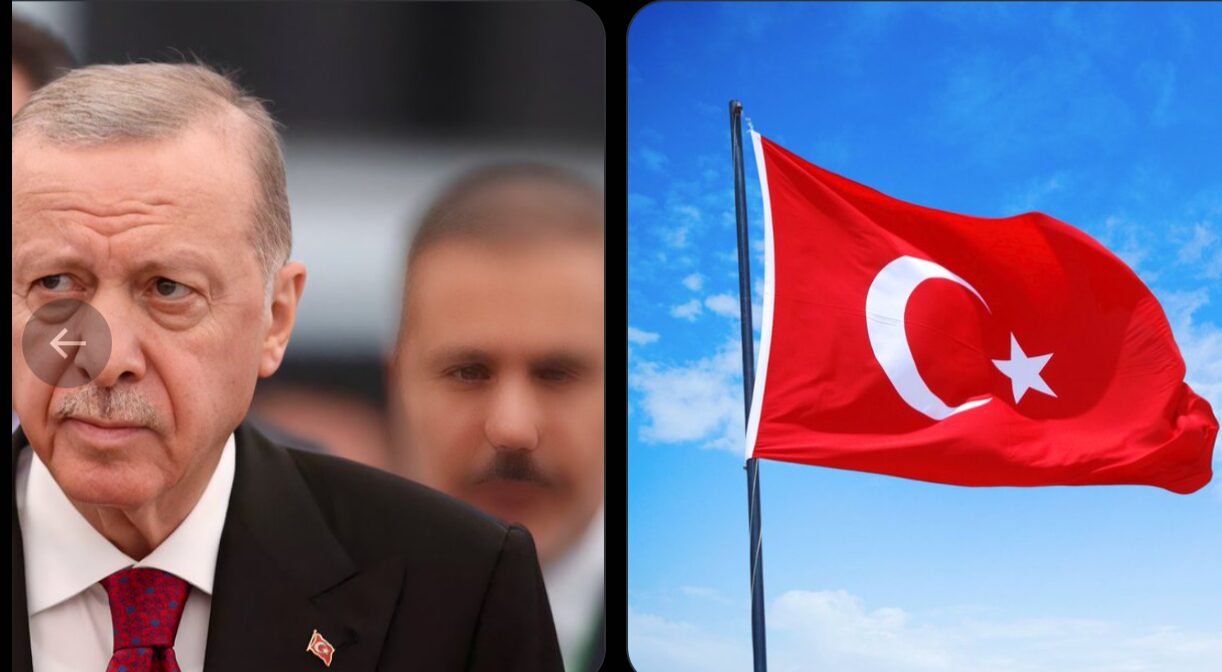
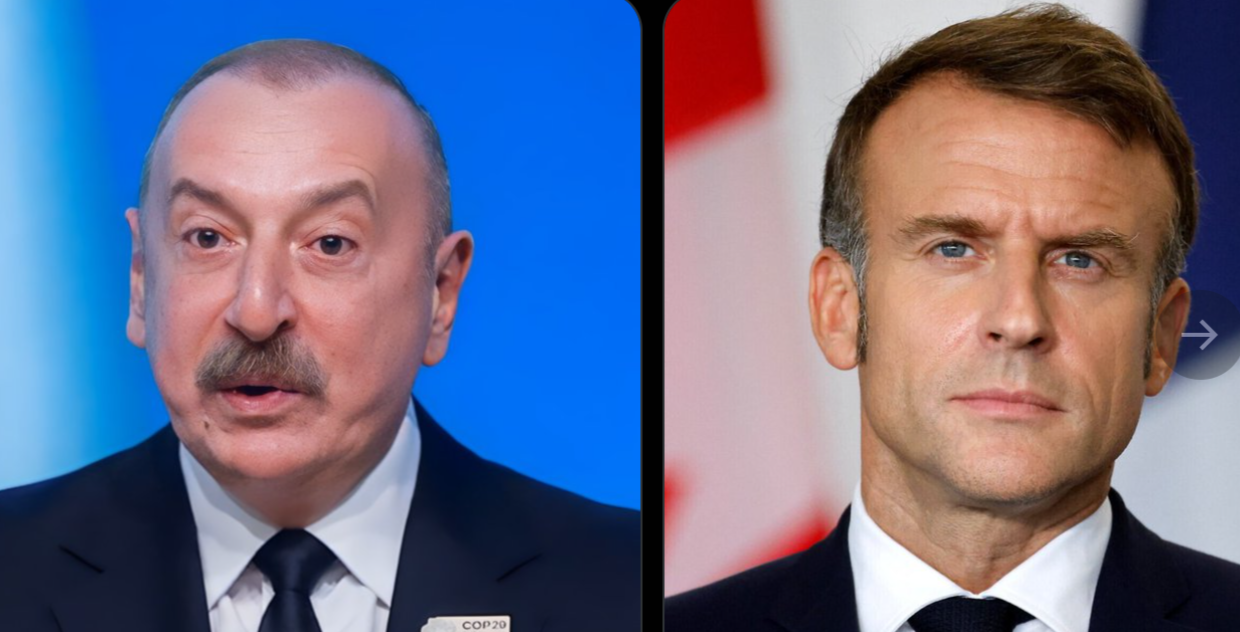
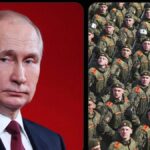

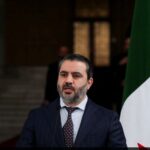
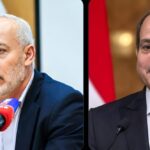
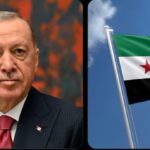
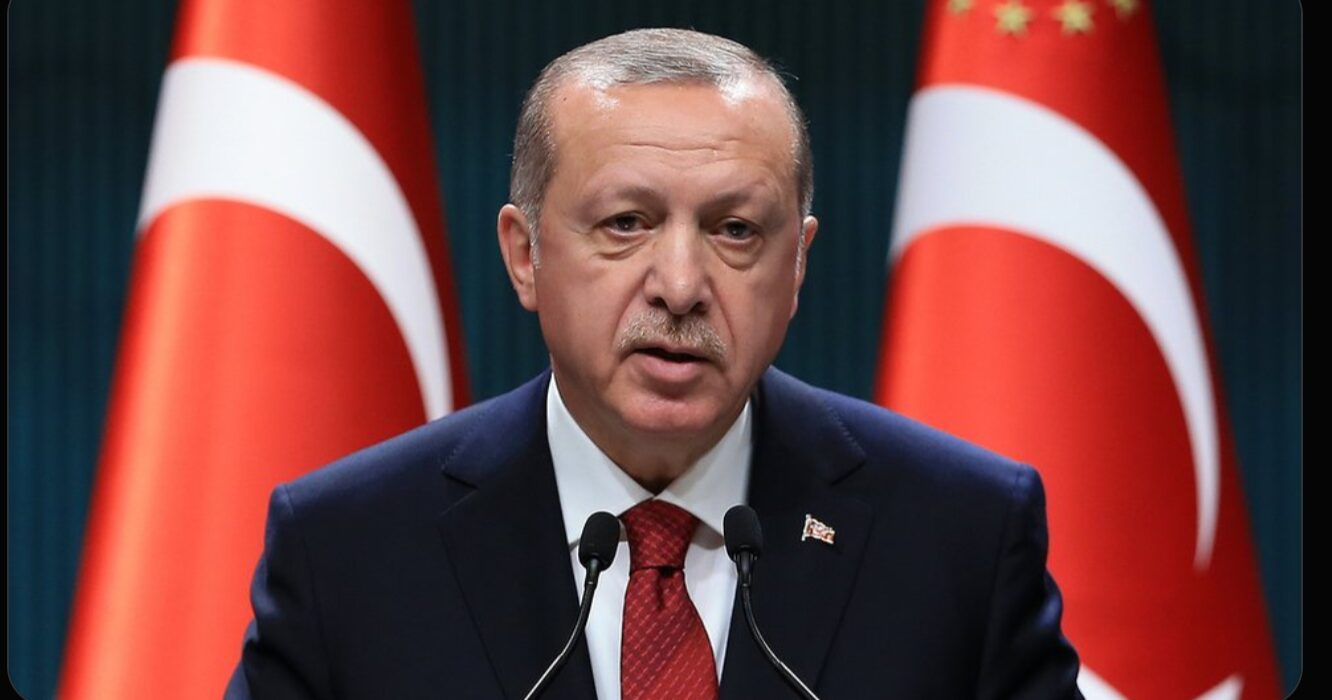
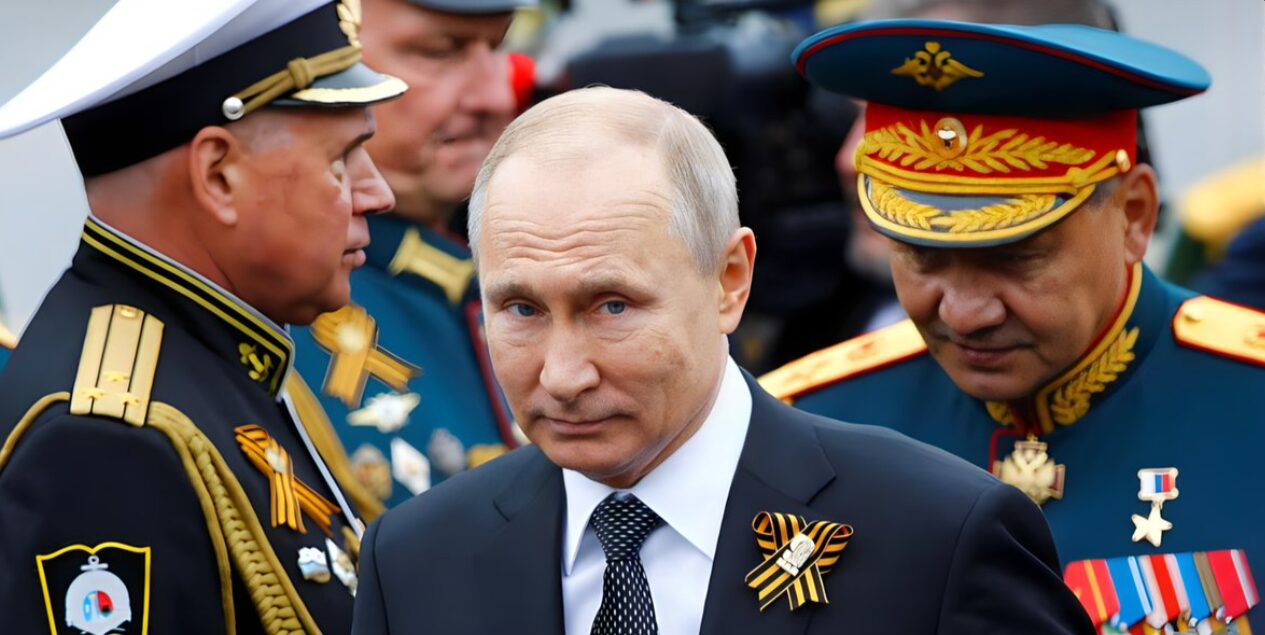








Post Comment